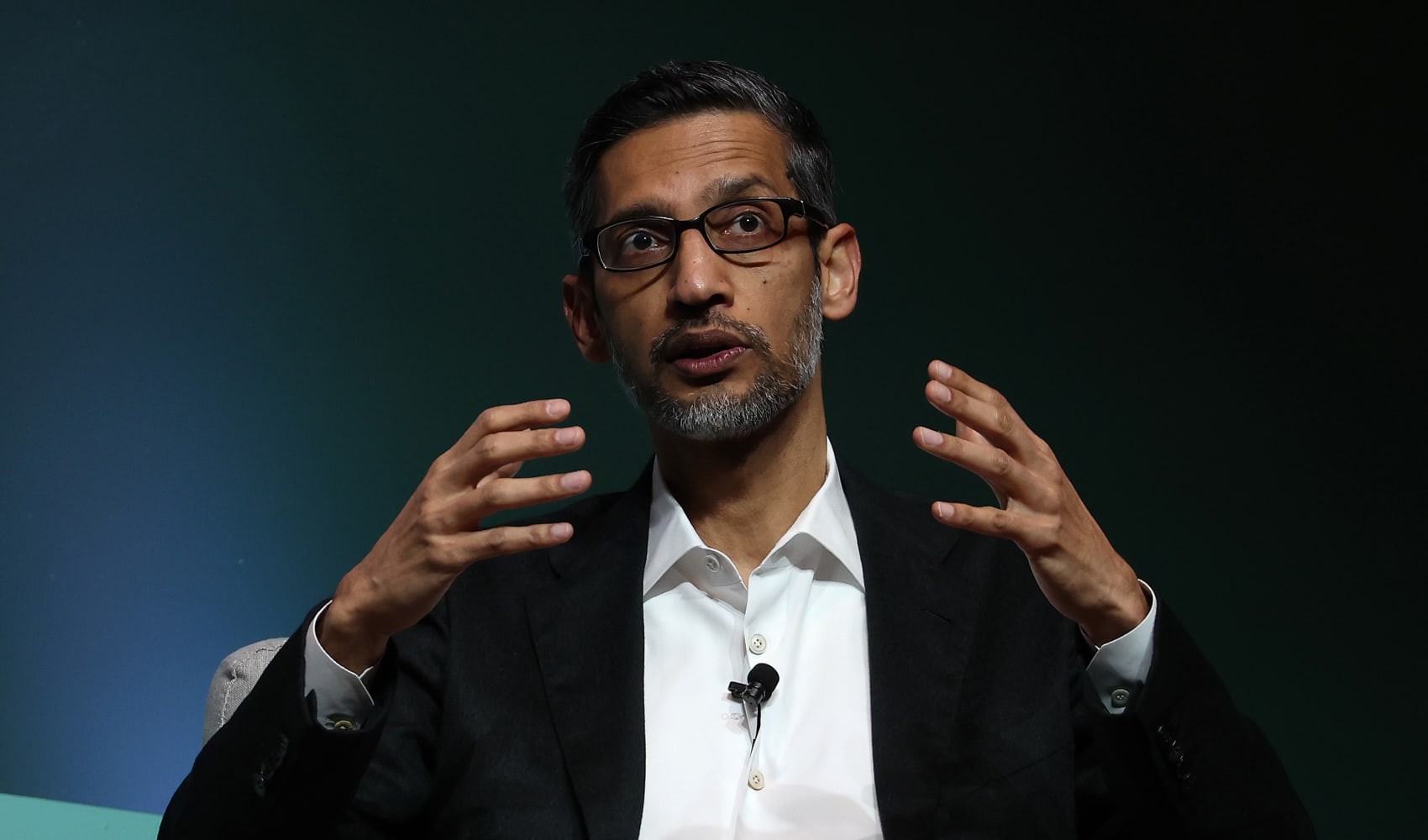
- "One of the things that we know is that digital assets present an opportunity in lots of ways for the economy, but potentially it presents challenges," Adeyemo told CNBC's Hadley Gamble.
- "As our economy grows, it is an opportunity for the global economy to grow and as that happens, the dollar will remain the dominant currency in the world as well," he said.
- Many central banks around the world are developing sovereign digital currencies, which advocates say could promote financial inclusion and make cross-border transactions easier.
U.S. Deputy Treasury Secretary Wally Adeyemo said that the dollar will continue to be the world's dominant currency despite increasing interest in cryptocurrencies.
"One of the things that we know is that digital assets present an opportunity in lots of ways for the economy, but potentially it presents challenges," Adeyemo told CNBC's Hadley Gamble on Tuesday in Abu Dhabi, the United Arab Emirates.
"We know that digital assets have the ability to be used by those who want to illicitly move money through the system in a way that doesn't touch the dollar and that we can't see as easily. But we do think that ultimately working together with countries around the world, we can address this risk by calling on the creators of digital assets to follow the rules around anti-money laundering more closely."
Get Connecticut local news, weather forecasts and entertainment stories to your inbox. Sign up for NBC Connecticut newsletters.
"Ultimately the thing that is going to drive the dollar's position in the world are the decisions we make in America about investing in our economy. The reason that people are involved in the dollar-based economy … is because they want to invest in America," he continued.
Adeyemo said it was because of policy decisions, such as the $1 trillion infrastructure package signed into law on Monday, that would help to "unlock the potential" of the U.S. economy and create investment opportunities for other governments.
Money Report
"As our economy grows, it is an opportunity for the global economy to grow and as that happens, the dollar will remain the dominant currency in the world as well," he said.
His view echoed comments made by St. Louis Federal Reserve President James Bullard earlier this year, who dismissed bitcoin and other digital assets as a serious threat to the dollar's position as the world's reserve currency.
Sanctions policy
Russian Central Bank Governor Elvira Nabiullina said last week that it would launch a prototype of the digital ruble platform early next year, according to Reuters. Nabiullina said Russia would undergo a pilot test before making a final decision on the launch of the digital currency.
Speaking to CNBC in early June, Nabiullina said she expected digital currencies to play a pivotal role in the future of financial systems as the economy moves online.
Many central banks around the world are developing sovereign digital currencies, which advocates say could promote financial inclusion and make cross-border transactions easier.
When asked whether the prospect of a digital ruble could make U.S. sanctions less effective, Adeyemo replied: "We believe that even if a digital ruble or other digital currencies come into place, there will still be scope for our sanctions to have an impact on their economies simply because the global economy is still inter-connected."
"Companies in Russia still do a great deal of business around the world. A lot of that business is done in dollars, it is done with American financial institutions and that is because the American economy remains the biggest economy in the world," he said.
"As long as that is the case, and as long as we make the investments that are needed, we are still going to have the ability to use our sanctions regime to make sure that we prevent the thing that it was created to prevent, which is illicit finance through the system and also to hold people accountable who take steps that are not considered in our national security."
Washington has imposed sanctions on Russia for several reasons in recent years, from the suspected poisoning of opposition politicians to election interference and cyberattacks.
Adeyemo's comments add to a report in October from the Treasury which there could be some impact on U.S. sanctions from cryptocurrencies. He reportedly told a Senate committee last month: "The advent of cryptocurrencies makes it harder for sanctions to be effective."
— CNBC's Abigail Ng contributed to this report.
Correction: This story has been updated to remove an incorrect reference to where U.S. Deputy Treasury Secretary Wally Adeyemo was speaking.






